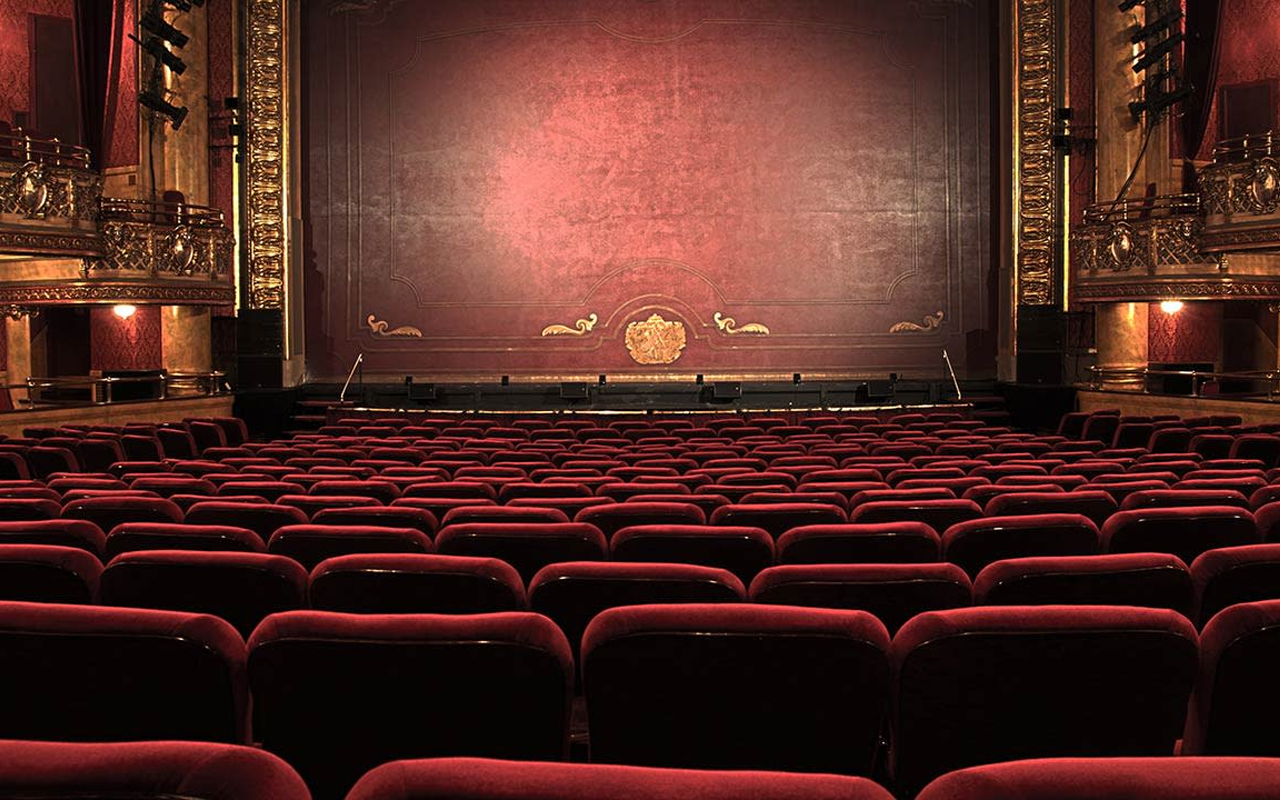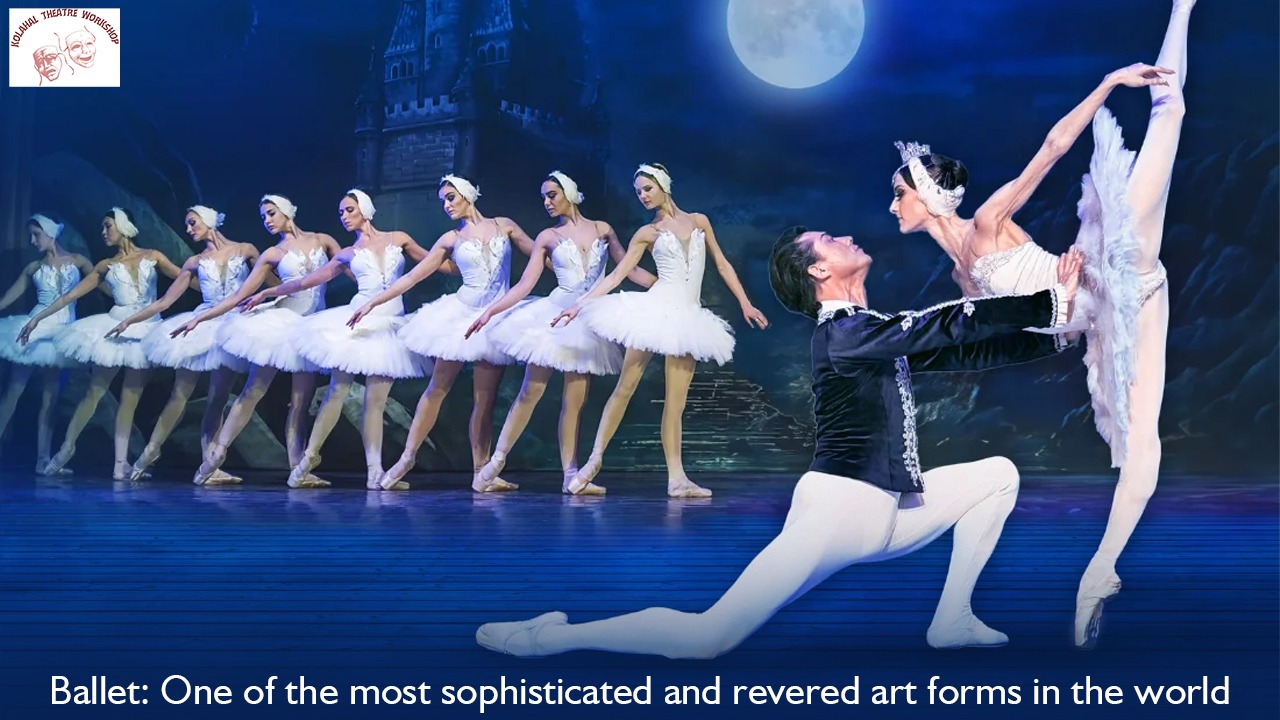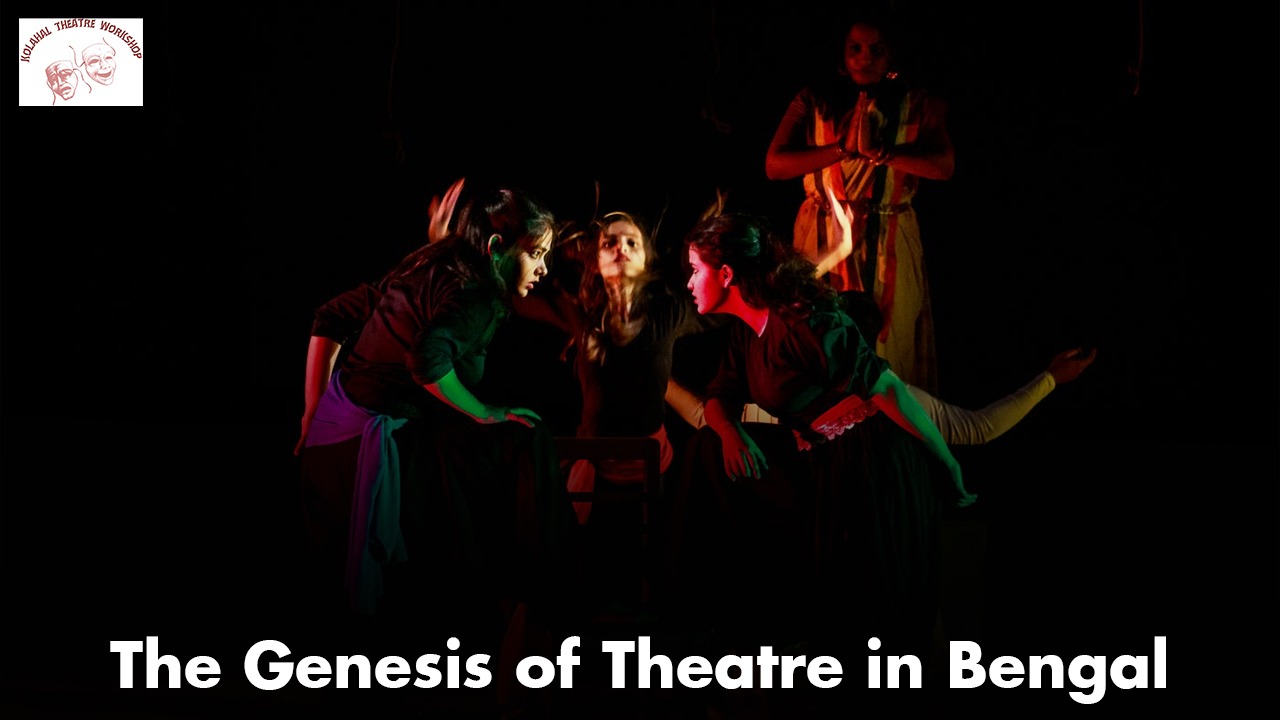The Art of Theatre: A Window Into Human Emotions
Introduction
The theatre, a realm where imagination meets reality, has been a captivating art form for centuries. However, the art of theatre is a window into Human Emotions With its roots deeply embedded in human history, theatre remains a powerful medium of storytelling and self-expression. In this blog, we will delve into the enchanting world of theatre, exploring its origins, evolution, and enduring relevance.
Deep Analysis into the World of Theatre
The Origins of Theatre
Theatre’s origins can be traced back to ancient Greece, where it was an integral part of religious rituals and festivals. The Greek playwrights, including Aeschylus, Sophocles, and Euripides, crafted timeless tragedies and comedies that explored the human condition. The theatre was not merely entertainment but a reflection of society’s values and concerns.
Evolution through the Ages
As centuries passed, theatre evolved and adapted to different cultures and eras. Shakespeare’s works in Elizabethan England brought us masterpieces like “Hamlet” and “Romeo and Juliet,” showcasing the depth of human emotions. The French neoclassical era introduced a more structured approach to theatre, emphasizing reason and morality.
However in the 20th century, theatre underwent a revolution with the emergence of avant-garde and experimental movements. Playwrights like Samuel Beckett challenged traditional norms, pushing the boundaries of what theatre could be. Meanwhile, the rise of Broadway and musical theatre brought a unique blend of storytelling and music to the stage.
Theatre as a Mirror of Society
One of theatre’s most compelling aspects is its ability to mirror and comment on society. Through poignant scripts and powerful performances, theatre sheds light on social issues, provoking thought and discussion. Plays like Arthur Miller’s “The Crucible” exposed the dangers of mass hysteria, while August Wilson’s works delved into the African American experience.
The Magic of Live Performance
Unlike other forms of entertainment, theatre is an inherently live experience. However, each performance is unique, with actors and the audience sharing a powerful connection. The energy exchanged between them creates an atmosphere that cannot be replicated in any other medium. This live interaction is what makes theatre a visceral and unforgettable art form.
https://kolahal.org/2023/11/10/mastering-the-stage-10-essential-tips-for-theatre-acting/
Theatre in the Digital Age
In today’s digital age, theatre faces new challenges and opportunities. Online streaming platforms have made theatre accessible to a global audience, but some argue that it dilutes the essence of live performance. Nevertheless, theatre continues to adapt, incorporating technology while preserving its core essence.
Conclusion
In conclusion, theatre, in all its forms, remains a testament to the enduring power of storytelling and the human need to connect, empathize, and understand. From its humble beginnings in ancient Greece to its vibrant presence in the modern world, theatre continues to captivate hearts and minds. Whether you’re an actor, a playwright, or an eager audience member, the theatre provides a stage for our shared humanity to shine. It is a timeless art that will continue to inspire and provoke for generations to come.
https://community.thriveglobal.com/why-theatre-is-important-in-society/





Enjoyed every bit of your post.Really looking forward to read more. Really Cool.
Thank you so much
[…] https://kolahal.org/2023/09/20/the-art-of-theatre-a-window-into-human-emotions/ […]